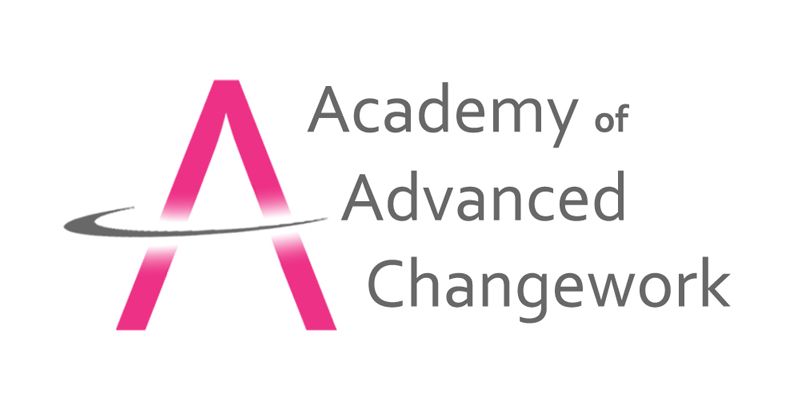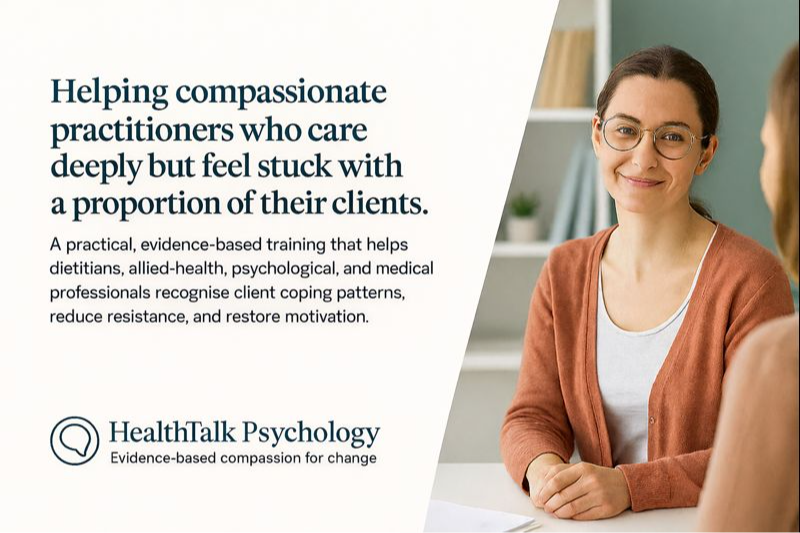
Does hypnotherapy work for children?
Responsiveness to hypnosis emerges at about the age of 5 years and sharply rises to peak responsiveness at about 7-9 years. During early adolescence, there is a gradual decline, and responsiveness then stays fairly level throughout adulthood (Morgan & Hilgard, 1973).
Hypnosis with children works in very similar ways to that of adults except the way it's done needs some adaptation depending on the chronological age and developmental stage (i.e., cognitive and psychosocial development) of the child. For example, several techniques we use with adults involve closing our eyes because that's what adults typically naturally prefer to do to help them relax. However, children often prefer leaving their eyes open and will still enter appropriate levels of trance to be receptive to suggestions.
We can use hypnosis with babies and preschool children however the most receptive and effective age for using hypnotherapy is 5 years onwards. At this stage, children are able to have some insight and understanding of the presenting problem and can converse quite readily with adults. This is important since hypnotherapy is a unique form of psychotherapy and makes good use of imagination and sensory perception.
By 5 children recognise favourite activities, places, and people and can relate well to animals and pretend situations (Olness & Gardner, 1988). Between 7-11 children are much more advanced in their abilities to have more meaningful conversations and interactions with the imagery and interventions presented during the hypnotherapy.
And by adolescence, teenagers enjoy more adult methods of induction including working on breathing, and more engaging activities. They also have more patience and cognitive functioning to sit and engage for longer and typically prefer hypnosis using eye closure techniques (Olness & Gardner, 1988).
Some of the common issues hypnotherapy is very effective in treating include sleep problems, fears and phobias anxiety, stress, habits, eating problems, obsessions and compulsions, confidence & self-esteem, anger and aggression, performance, bullying, studying, motivation and nocturnal enuresis.
For example, a comparative study was conducted to find out whether imipramine or direct hypnotic suggestions with imagery were most effective for managing functional nocturnal enuresis (Banajee et al., 1993). Enuretic children, ranging from 5 to 16 years, experienced 3 months of therapy with imipramine (N = 25) or hypnosis (N = 25). After termination of the active treatment, the hypnosis group continued practising self-hypnosis daily during the follow-up period of another 6 months. Of the patients treated with imipramine, 76% had a positive response (all dry beds); for patients treated with hypnotic strategies, 72% responded positively. At the 9-month follow-up, 68% of patients in the hypnosis group maintained a positive response, whereas only 24% of the imipramine group did.
Hypnosis can be used both primarily and adjunctively to other therapies (psychotherapies and pharmacotherapy) to treat anxiety-related conditions. Hypnotherapy can be cost-effective and have fewer side effects than other treatment methods (Murdeshwar, 2012).
For more details or to find out hypnotherapy may help your child, schedule a call with Karen: https://calendly.com/karenbartle/hypnosis-initial-chat
References and further reading
Morgan, A.H. and Hilgard, E.R., 1973. Age differences in susceptibility to hypnosis. International journal of clinical and experimental Hypnosis, 21(2), pp.78-85.
Olness, K.N. and Gardner, G.G., 1988. Hypnosis and Hypnotherapy Wish Children.
Banerjee, S., Srivastav, A. and Palan, B.M., 1993. Hypnosis and self-hypnosis in the management of nocturnal enuresis: a comparative study with imipramine therapy. American Journal of Clinical Hypnosis, 36(2), pp.113-119.
Wester II, W.C. and O'Grady, D.J., 1991. Clinical hypnosis with children. Brunner/Mazel.
Murdeshwar R. Hypnotherapy for children with anxiety related to allergies, asthma and atopic dermatitis: a case study. In: Das S, editor. Souvenir-cum-Scientific Update for the 22nd Annual Conference of Indian Psychiatric Society, Assam State Branch. Guwahati: ABSCON; 2012. p. 38-43. Available from: https://sites.google.com/site/mindtheyoungminds/souvenir-cum-scientific-update/hypnotherapy-for-children-with-anxiety-related-to-allergies-asthma-and-atopic-dermatitis-a-case-study






